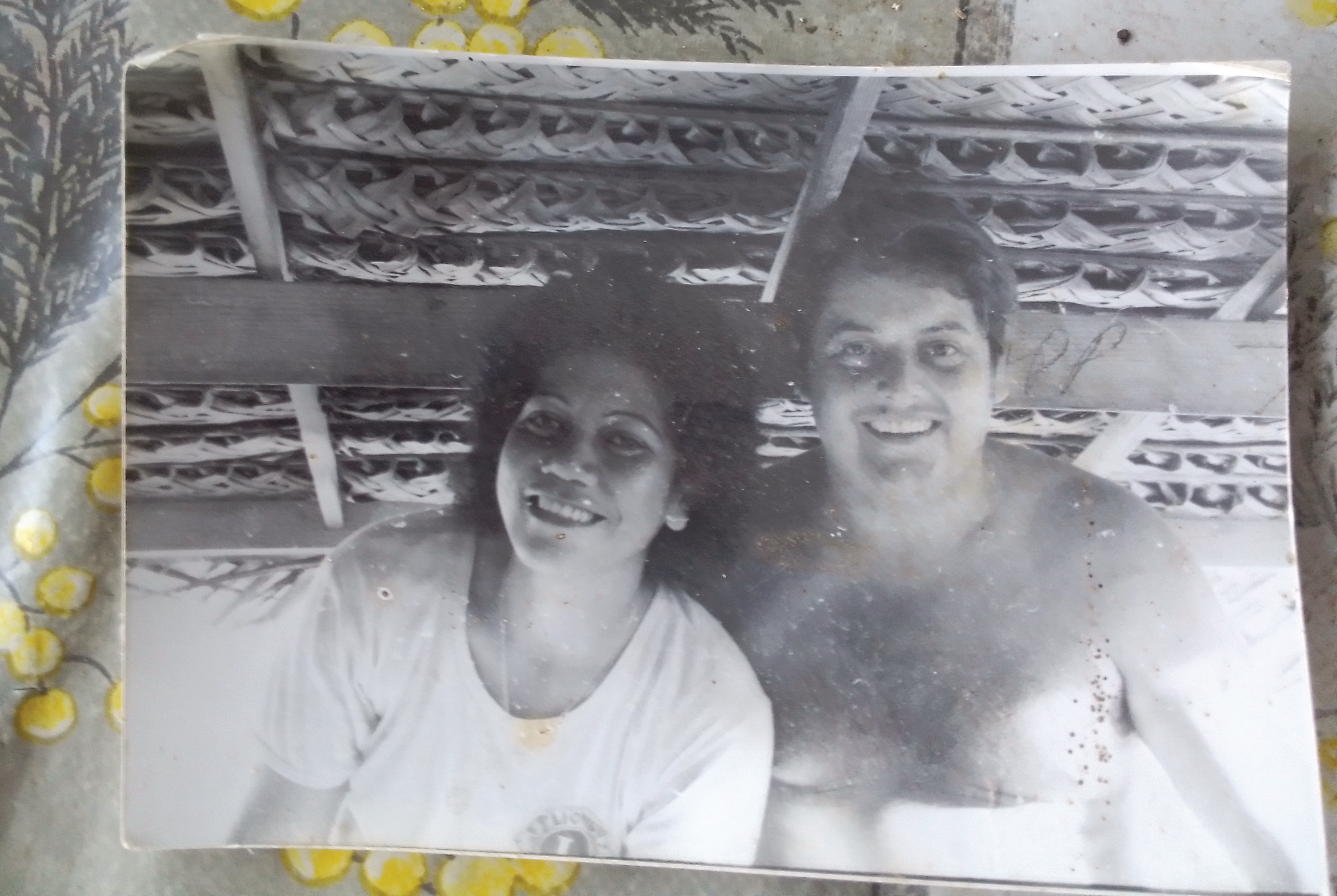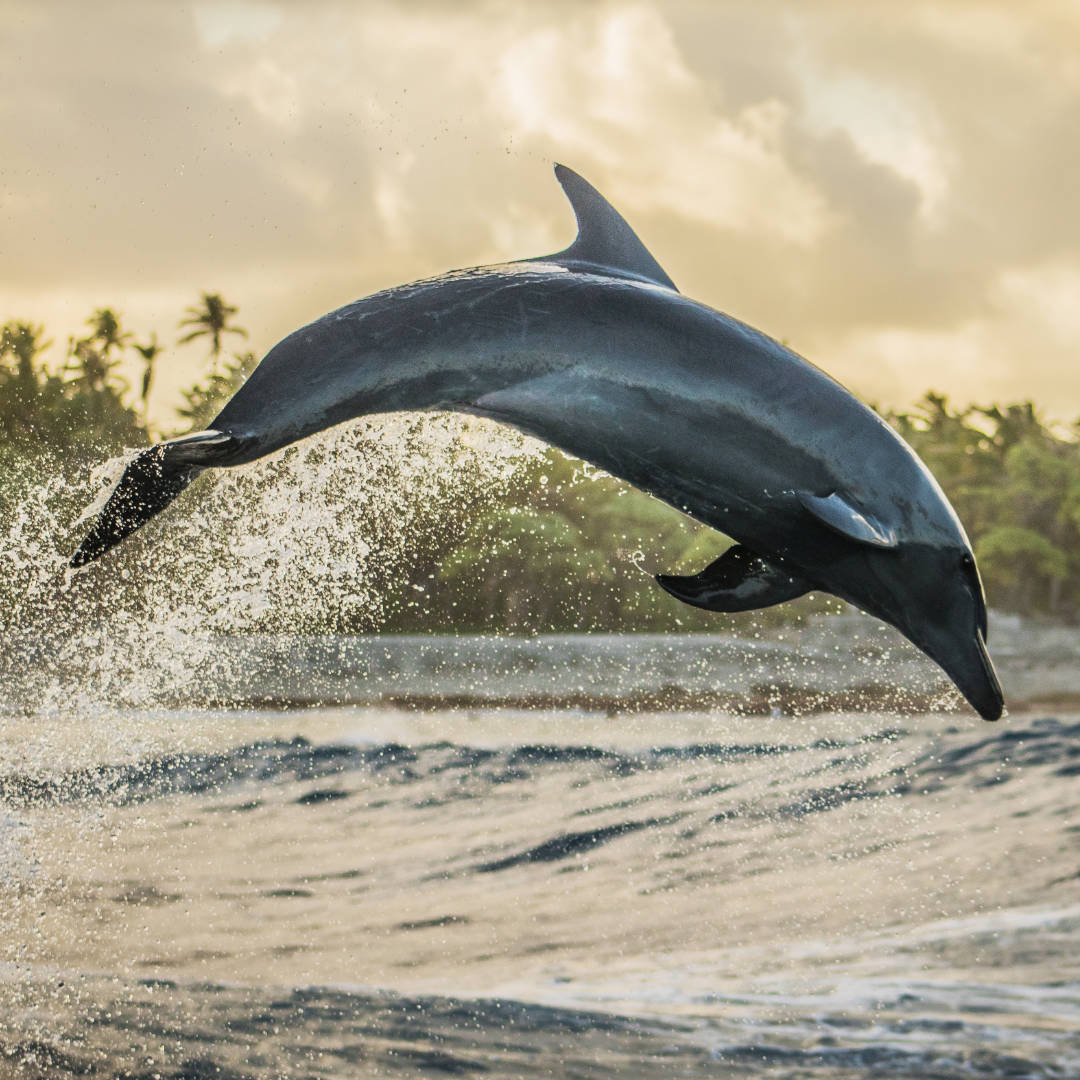written by Cécile Flipo for the 2022 edition

Tiputa, the Rangiroa of yesteryear



Of the two villages in the north of Rangiroa, Tiputa is the one that has retained a real Polynesian charm. Do not miss its visit!
To reach it, nothing could be simpler: board a shuttle to cross the pass that borders it. In five minutes, you are there and in its small alleys bathed in sunshine, you can experience the Rangiroa of yesteryear. This calm and authentic place has a beautiful story told to us by Alain Trapp, who was a teacher there from 1971 to 1980 and from 1985 to 1988.
It was in the early 1960s, when Rangiroa airport opened, that Tiputa began to lose its "aura" and its importance to the benefit of the other village, Avatoru, located on the same motu as the runway where tourists now landed and through which more and more air freight was arriving. Hotels were now more readily built on the Avatoru side: no need to cross the Tiputa pass by boat to bring visitors to their accommodation! The continued tourism development established the village of Avatoru as the main economic and social center of the atoll and Tiputa has remained the face of the Rangiroa of yesteryear, calm and authentic as of yore.

When Alain Trapp arrived in Rangiroa in September 1971, he discovered a very different life from the one he had left a few days earlier, in Lorraine, in France: “they had no power, the fridge was on petrol and the telephone worked with the BLU, everyone had to speak in turn!”. The teacher then meets all the residents of the school, a hundred children who come from neighboring atolls (Makatea, Tikehau, Ahe, Manihi ...).
Only one store is open, the "Chinois", which is located on the road not far from the infirmary, the post office and the Catholic church. “You could find everything there!”, remembers Alain. "I even bought a moped there!". With one of his boats, the store manager, an old Chinese man, shuttled Tahiti/Rangiroa to supply his shop. As for the cash, there was none: the teachers then present in Tiputa paid their bills at the end of the month by postal check. Today the village is equipped with cash machines and banks have been set up. "Between the two villages, there was little exchange, everything was really centralized on Tiputa", continues Alain. “We were good, the people were nice, life was simple and beautiful. A lot of things were done naturally. A service rendered was thanked with a smile, a flower necklace or a fish! ".
The life of the village was punctuated by a few tourists who came to stay in an annex of Club Med or in the small pension of Mama Tepoe. Tiputa also welcomed schooners with passengers and above all, goods on board. "Everyone had their boat and only this Chinese man had a car, a Land Rover that we used for funeral transport when needed," says Alain. Motorized, two wheels, only! As for the roads, they were of sand and coral and the low walls were plastered with whitewash.
“We used to go diving almost every day to bring back fish. When we came back empty-handed, we met up every evening, on the quay, to fish with a line, hook and sinker”. As for the luxurious Sunday meal: it was chicken and peas!” On Sundays we played basketball with the kids, there was no TV or screen."






